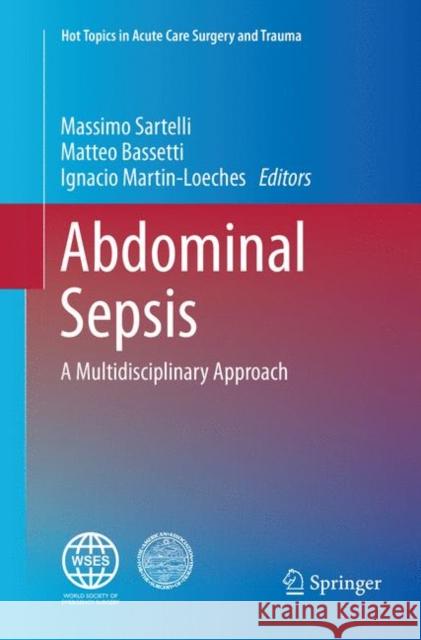Abdominal Sepsis: A Multidisciplinary Approach » książka
topmenu
Abdominal Sepsis: A Multidisciplinary Approach
ISBN-13: 9783030096465 / Angielski / Miękka / 2019 / 405 str.
Kategorie BISAC:
Wydawca:
Springer
Seria wydawnicza:
Język:
Angielski
ISBN-13:
9783030096465
Rok wydania:
2019
Wydanie:
Softcover Repri
Ilość stron:
405
Waga:
0.68 kg
Wymiary:
23.37 x 22.86 x 1.78
Oprawa:
Miękka
Wolumenów:
01











